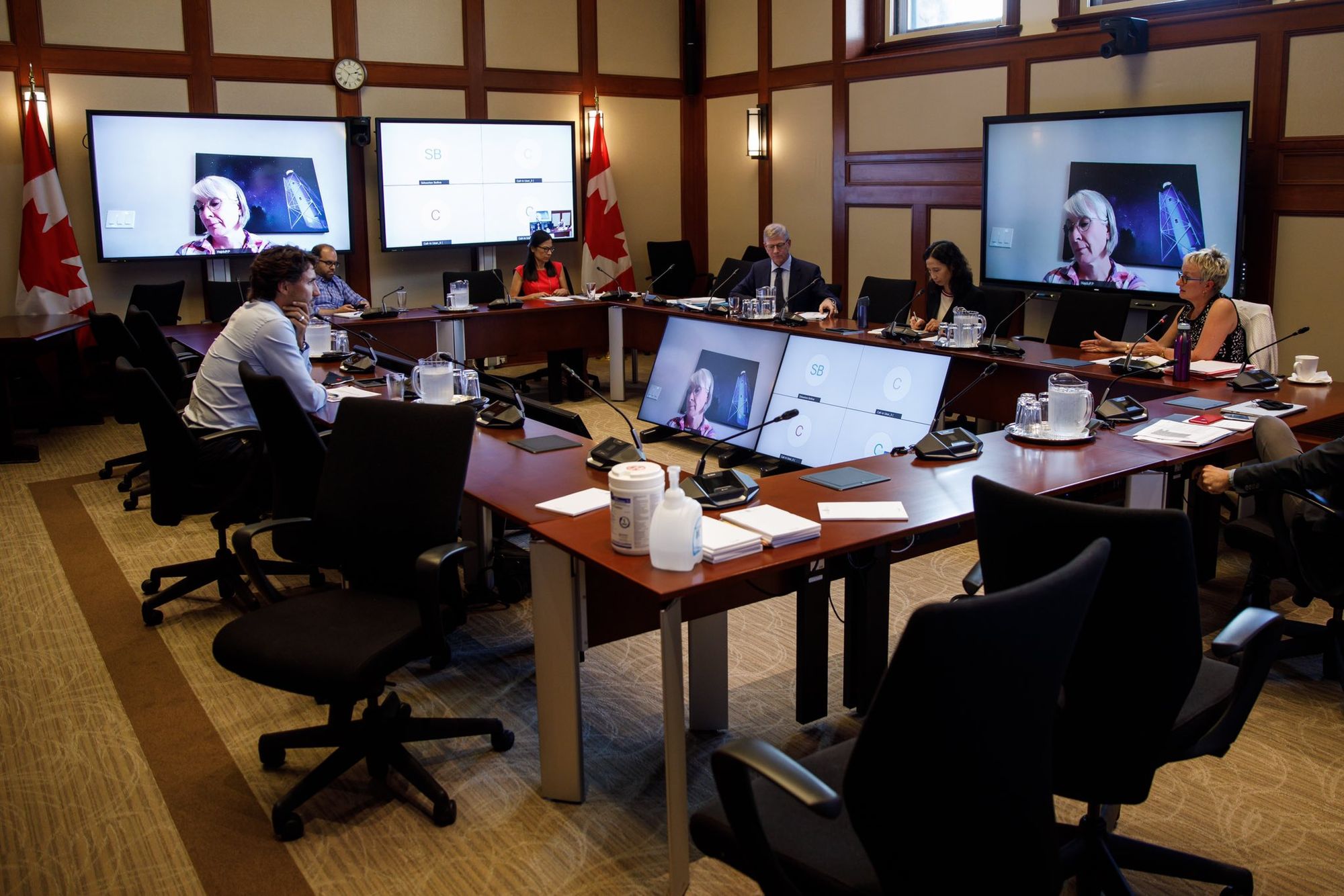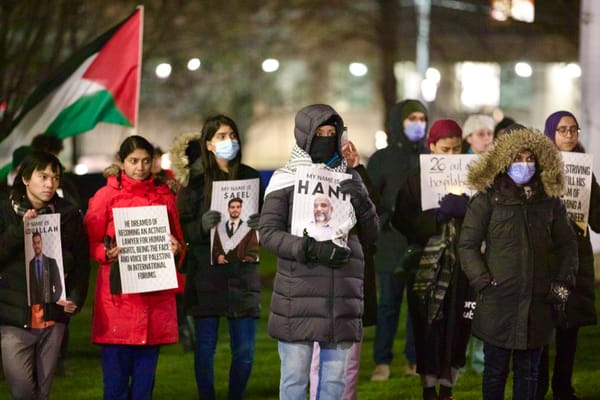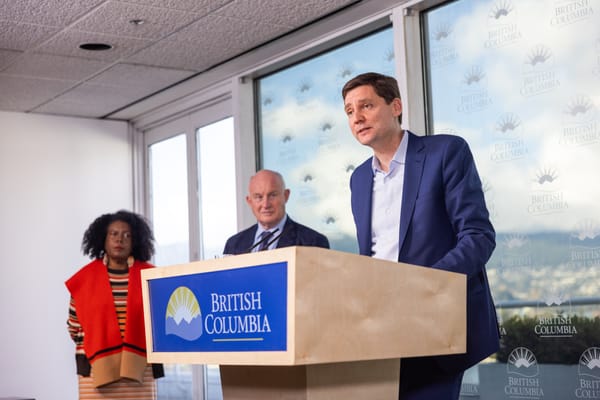On June 14, the Canadian government announced that it’s planning to update the definition of “fully vaccinated” from two doses to “up to date,” meaning, at this point, both doses and a booster.
This is a smart decision, as after six months, vaccine efficacy drops to 20 per cent or lower, though it remains a powerful tool to protect against severe illness and death. However, this decision also exposes that the government’s plan to keep us safe from COVID-19 is still limited to vaccination rather than dealing with the pandemic on a systemic level.
Last November, I argued that politicians had to move beyond aiming for full vaccination as a strategy, and instead pivot to managing the virus based on the assumption that we’d never reach 100 per cent coverage, despite how much I’d love to see that happen.
I wrote, “Downloading [the responsibility to be vaccinated onto individuals] has also meant mandates become the primary political issue people respond to, as they take up so much space in public discourse. Entire journalistic series are written about mandates at the gym or in the classroom, leaving little to no room to publicly debate what’s to be done when the vaccine strategy reaches its limit, and COVID-19 still circulates, especially among pockets of unvaccinated individuals. There has been literally no discussion about what must happen beyond vaccine mandates. Instead, the debate rests squarely on who should be mandated and what needs to happen to those who refuse.”
Predictably, politicians haven’t moved beyond vaccine mandates. There’s never been any attempt to figure out what a safer mix of vaccinated and unvaccinated individuals might be in particular settings, and then create rules accordingly. There have been no debates about what to do when mandates can no longer convince people to get vaccinated. There have been no adjustments made to policy now that we know transmission among vaccinated and unvaccinated people is about the same, six months out from a vaccine. Instead, all these months later, and as Canada is set in the coming weeks to announce whether the youngest among us will be eligible for vaccination, politicians are still talking about mandates. This time around, though, it’s about dropping mandates for activities such as flying.
As it stands, nearly 82 per cent of the entire Canadian population has received at least two doses, with almost 56 per cent of those eligible for a booster having had one. There are clear benefits to vaccination: since Dec. 14, 2020, when the first vaccines were administered in Canada, the unvaccinated have made up about 43 per cent of recorded COVID-19 cases, 53.5 per cent of hospitalizations and 53.6 per cent of deaths, despite representing a far smaller portion of the population. (These figures include people who got COVID-19 while waiting for their age category to be eligible for vaccination.)
Think back and try to recall the feeling you had when Health Canada approved the Pfizer vaccine, making Canada the second country in the world to do so. We were promised that Canadians would be vaccinated in the coming months, starting with long-term care facilities. At 95 percent effective, politicians finally had their way out of this pandemic. After months of insisting that Canadians had the power to keep themselves safe through social distancing and other personal hygiene measures, they found a silver bullet.
Of course, we’d come to know that vaccines wouldn’t save us. They’d save lives and reduce the severity of infections in most, though not all, cases (19.1 per cent of people who have died from COVID-19 were fully vaccinated and boosted), but they wouldn’t end the pandemic. Canada’s vaccine discourse is stuck in time, while time marches forward. This has created a dissonance between what we’re experiencing in daily life and what we’re hearing from politicians.
The vaccines have always been a neoliberal tool to end the pandemic. Rather than taking systemic approaches to keep individuals safe — like giving workers more time off if they’re sick and paying them to stay home, increasing disability, low income and old age supplements, giving people resources if they get COVID-19, and providing racialized and Indigenous communities with money and resources to get through future waves — politicians sold us a lie: that vaccines are our ticket out of this mess.
It was fine to think such a thing in November 2020, but far less acceptable to do so in November 2021. And yet, today, in June 2022, our politicians are still acting as if vaccines are the most important thing we can collectively do to keep ourselves safe.
We need a mitigation plan that balances safety with freedom: helping make it safe to work, socialize and move around, while giving us the freedom to do the activities we love. The plan needs to centre disabled people and Black, Indigenous and racialized communities, and treat the side effects of the pandemic as collective, social problems. Individualized logic is what led us to a situation where more than 41,000 Canadians died in the first place.
How much longer can politicians continue down this path? How many more people need to die?







